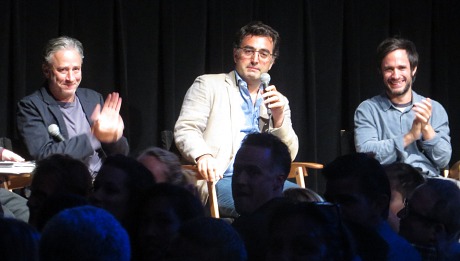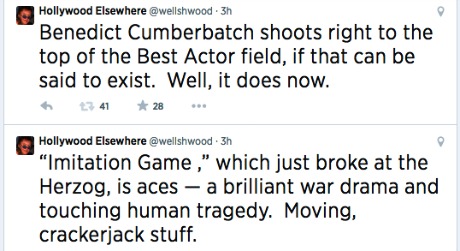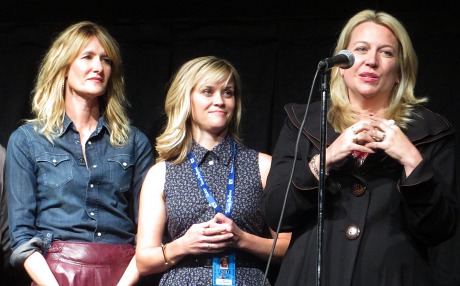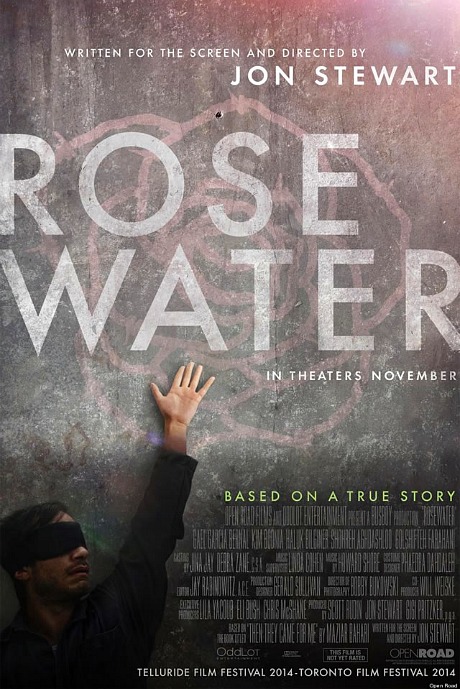To my surprise, Morten Tyldum and Graham Moore‘s The Imitation Game (Weinstein Co., 11.21) works quite well. Although mostly a tale about the personal, bureaucratic and old-school morality issues that interfered with and ultimately shut down the beautiful mind of Enigma code-breaker Alan Turing, The Imitation Game nonetheless conveys the melancholy alone-ness and heartache that colored Turing’s personal life, and as such slams a solid triple.
True, it downplays or more accurately nudges aside Turing’s secret life as gay man during World War II and the early ’50s, and in place of this focuses on a close platonic relationship between Turing and Keira Knightley‘s Joan Clarke (obviously a strategy embarked upon to appeal to and engage mainstream straights), but it’s a sharp, well-ordered thing — a movie that knows what it’s doing and how to make it all cook and simmer in just the right way.
I’d been presuming that material this familiar and well covered — the ’86 BBC drama Breaking The Code, the Turing-related (if not Turing-specific) Enigma, a documentary called Codebreaker — might come off as a bit ho-hummish, but this is a classy, handsome show. All the required elements are here. Crisp directorial discipline, Moore’s impressively honed, well-ordered script, Oscar Faura‘s first-rate cinematography, Alexandre Desplat‘s stirring score and particularly Benedict Cumberbatch‘s wholly lived-in, subtly fascinating performance as Turing — a knockout job that will almost certainly land him an Oscar nomination for Best Actor.
This is a sad but fascinating tale about the lonely fate of an eccentric, exceptional genius-hero, and how 1940s and ’50s Britain gave him grief every step of the way. Over and over the powers-that-be (with the exception of Winston Churchill) and the sense of morality that existed in mid 20th Century England conspired to darken, confine and repress Turing’s life, and I must say that you find yourself wondering after an hour or so if there was anything to his amazing man’s life other than shadows and strife and the oppression of assholes.












